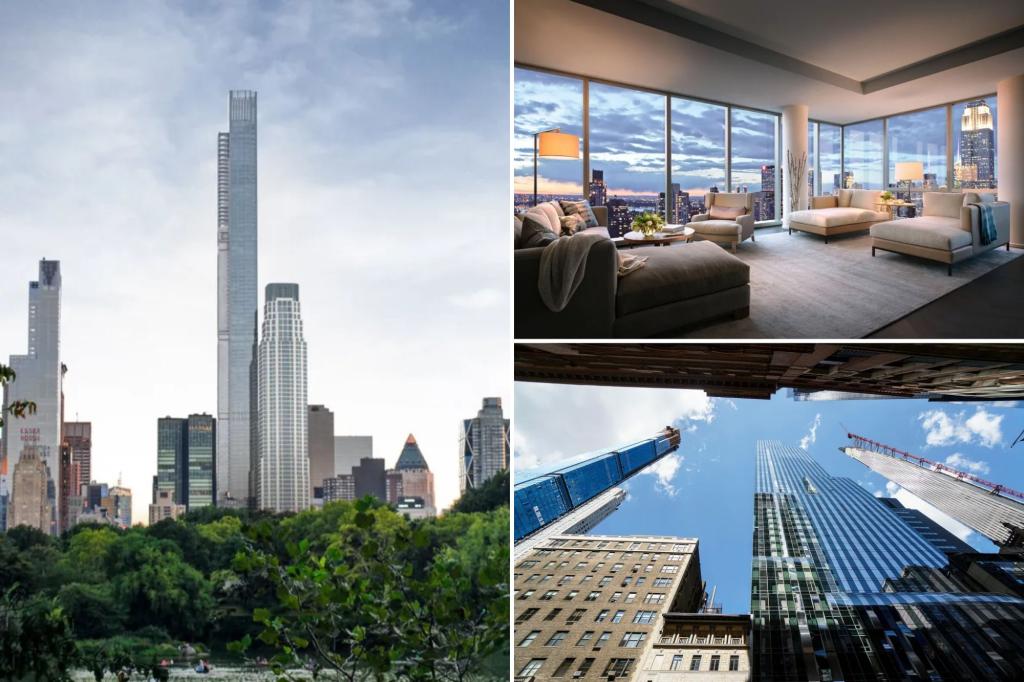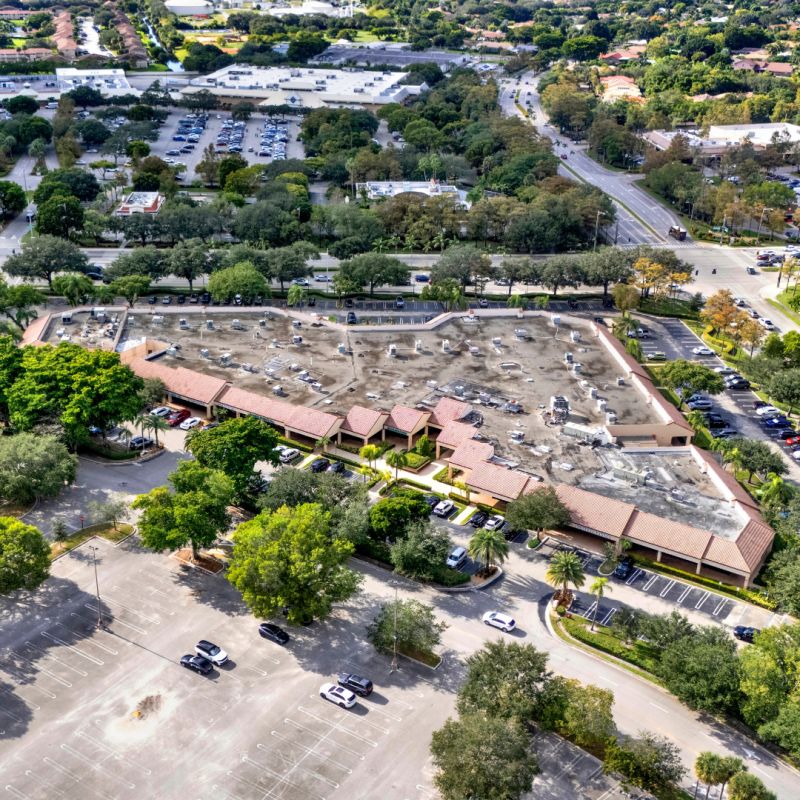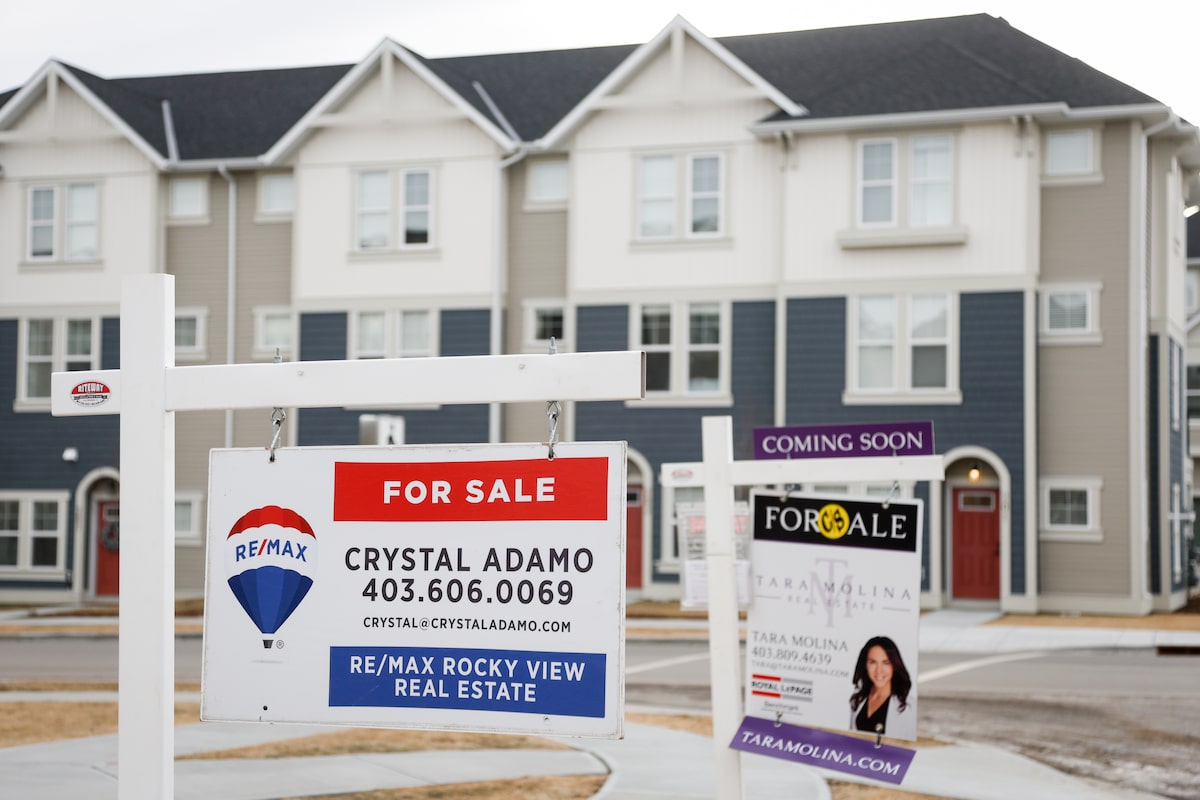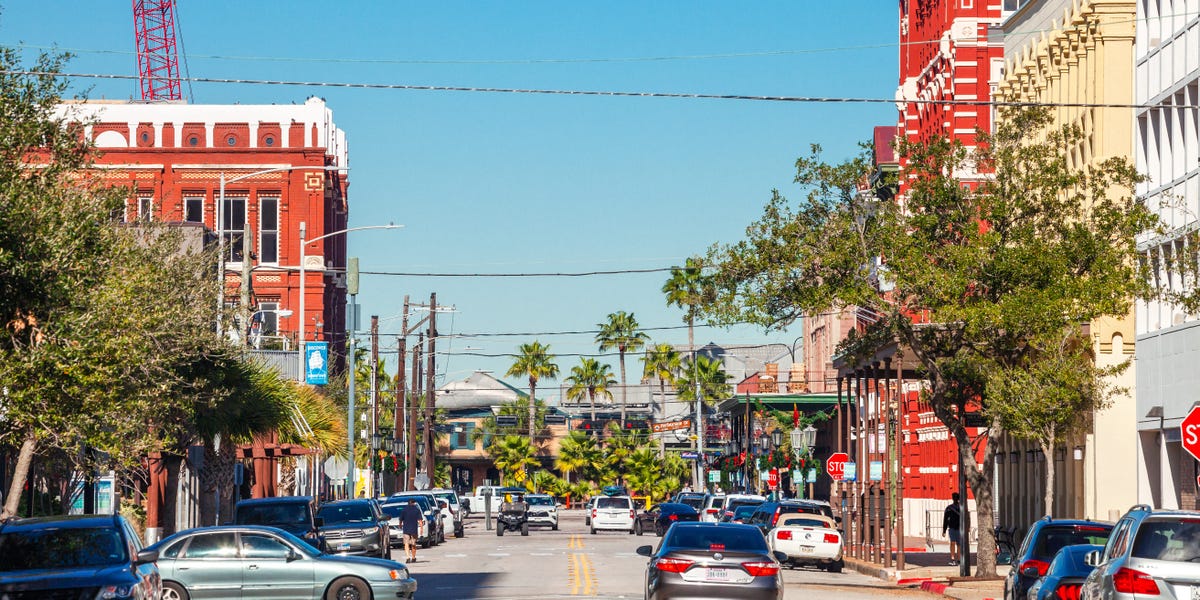M
anhattan’s luxury real‑estate sector remains a bright anomaly amid a nationwide slump. In the third quarter, sales of the city’s most expensive homes jumped 13.6 %, while prices climbed as inventory tightened. Across the United States, luxury sales—defined as the top 5 % of the market—fell 0.7 % in the three months to August, the weakest summer tally since 2013, according to Redfin. “The luxury market seems weaker than the rest of the housing market right now, which is already pretty weak,” said Redfin’s Chen Zhao.
In contrast, Manhattan’s high‑end market outpaced the national trend. Miller Samuel and Douglas Elliman reported a 13.6 % year‑over‑year rise in luxury co‑op and condo sales during Q3. More than 90 % of transactions above $3 million were cash deals, shielding buyers from rising mortgage rates. Inventory fell 16.1 %, pushing the median sales price above $5.9 million. Jonathan Miller, president of Miller Samuel, noted that sales above $4 million grew 20.8 %, while those below rose 12.7 %. “Sales in the Manhattan luxury housing market grew 64 % faster than the overall market over the past year,” he added.
September, however, revealed a sharp slowdown. Contract signings dropped nearly 40 % from a year earlier, with only 70 luxury homes entering escrow versus 97 in September 2024. Some high‑profile units, such as those at 111 W. 57th St. and 70 Vestry, remained on the market for years and ultimately sold at significant discounts. Stefano Giovannini observed that the month’s dip was puzzling, and Donna Olshan of Olshan Realty echoed that “there is nothing I can put my finger on—yet.” Miller also admitted he could not explain the September variation.
Cash has become king in Manhattan’s luxury market. Keyan Sanai of Douglas Elliman told The Post that buyers with $3 million in liquid assets are “not making decisions based on who is mayor.” Yet the city’s political climate could still influence the market. With the mayoral race heating up and a progressive candidate like Zohran Mamdani in the running, brokers warn that the sector’s resilience may falter as winter approaches. If the September slowdown reflects more than a seasonal lull, buyers could pull back, especially if political uncertainty intensifies.
The momentum that has driven Manhattan’s luxury boom—strong Wall Street bonuses and a buoyant stock market—may waver if September’s decline proves persistent. Agents across the country, from Dallas to San Francisco, report buyers hesitating amid volatility and refusing to pay the steep premiums that defined the COVID‑era boom. In Manhattan, however, the combination of cash transactions and shrinking inventory has kept prices high. The median sales price now sits above $5.9 million, and luxury sales above $3 million continue to outpace the broader market.
In summary, Manhattan’s high‑end real‑estate market remains a standout performer, with Q3 sales up 13.6 % and prices rising as inventory drops. Yet the recent September slowdown and looming mayoral election introduce uncertainty that could temper the sector’s growth. While cash buyers appear insulated from mortgage fluctuations, political developments may still impact demand. The coming months will determine whether Manhattan’s luxury market can sustain its current trajectory or if a broader shift will emerge.















